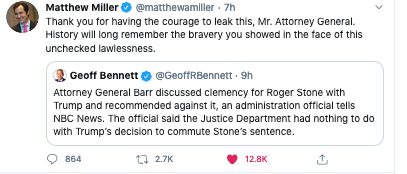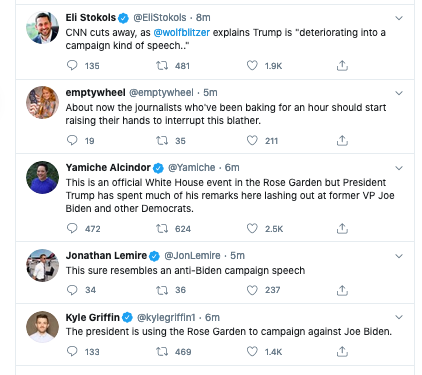Judge Sullivan’s lawyer is appealing the ‘final’ ruling to dismiss Flynn’s trial.
The judge in Michael Flynn’s criminal case asked a federal appeals court Thursday to reconsider its ruling ordering him to dismiss the criminal case against the former national security advisor to President Donald Trump.
Judge Emmet Sullivan’s lawyer asked for a so-called en banc review of the 2-1 decision of the three-judge appeals court panel.
If the review is granted, all active judges on the appeals court would rehear Flynn’s argument that the case needs to be dismissed by Sullivan, without any delay or input from outside parties, as Sullivan has allowed.
A lawyer for Sullivan argued in a lengthy court filing that the appeals panel’s order to quickly grant the Department of Justice’s request to drop its prosecution of Flynn “threatens to turn ordinary judicial process upside down.”
“It is the district court’s job to consider and rule on pending motions, even ones that seem straightforward,” wrote Sullivan’s lawyer, Beth Wilkinson, in that filing.
“This Court, if called upon, reviews those decisions—it does not preempt them.”
Wilkinson also wrote that while the appeals panel’s decision “is couched as a fact-bound ruling,” it “in fact marks a dramatic break from precedent that threatens the orderly administration of justice.”
The Justice Department and Flynn’s lawyer, Sidney Powell, did not immediately respond to requests for comment.
In its decision ordering that the case be dismissed, the appeals panel had said that the executive branch of the federal government, which includes the Justice Department, has “primacy over charging decisions.”
Appeals Judge Neomi Rao wrote in that panel’s decision that it was appropriate to order Sullivan to dismiss the case after he slow-walked his decision in order “to prevent the judicial usurpation of executive power.”
En banc reviews are rarely granted. But Flynn’s case has been unusual for years, and such a move would not be the oddest thing to happen in the case.
Flynn, 61, in December 2017 pleaded guilty to lying to the FBI about his conversations with Sergey Kislyak, the then-Russian ambassador to the U.S., in the weeks before Trump’s inauguration the prior January.
The charge was brought as part of then-special counsel Robert Mueller’s probe of Russian interference in the 2016 election.
Flynn was nearly sentenced in December 2018. But his sentencing hearing was aborted when he accepted Sullivan’s offer to postpone it until he had finished cooperating with law enforcement officials as part of his plea agreement.
 Coronavirus (Community Thread)
Coronavirus (Community Thread)




